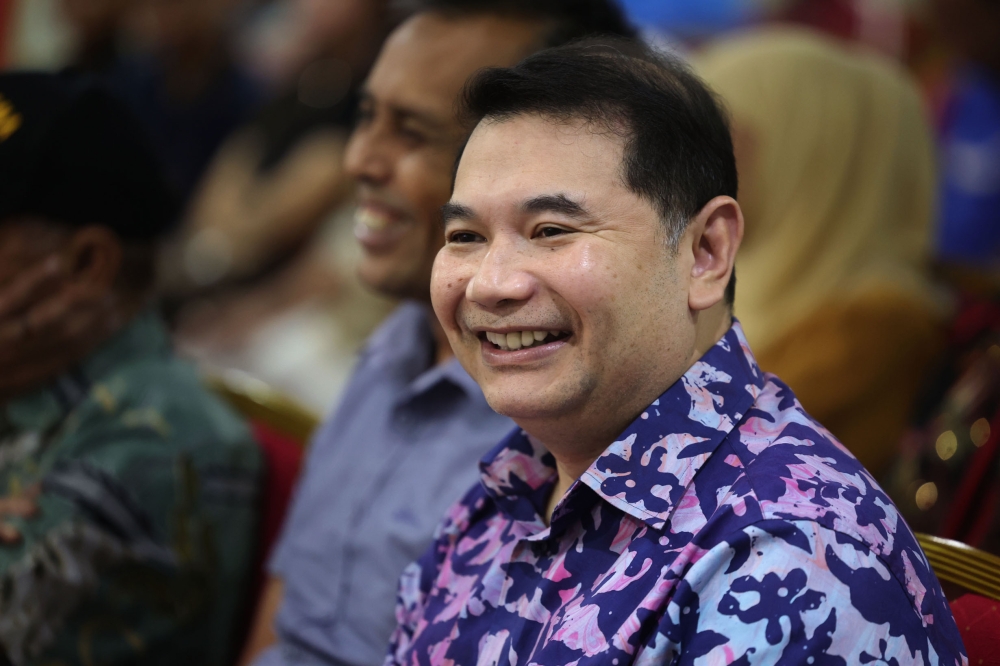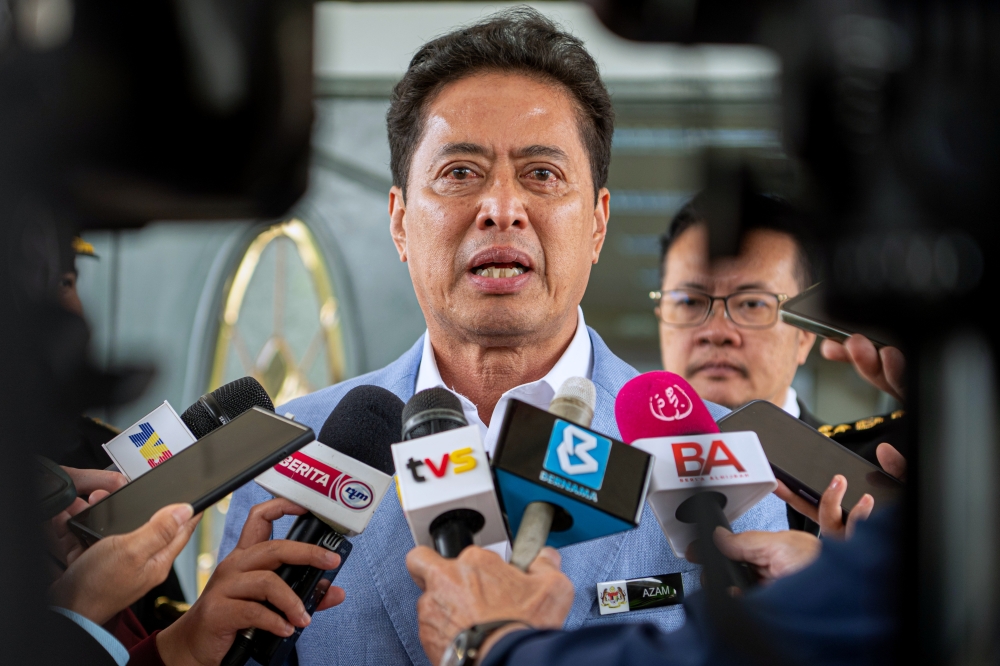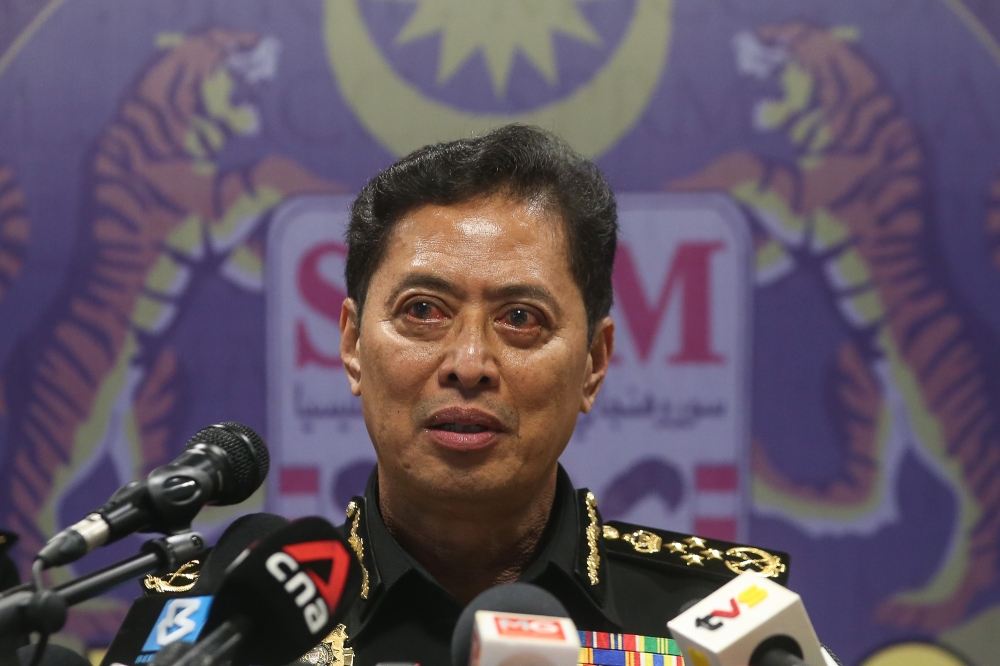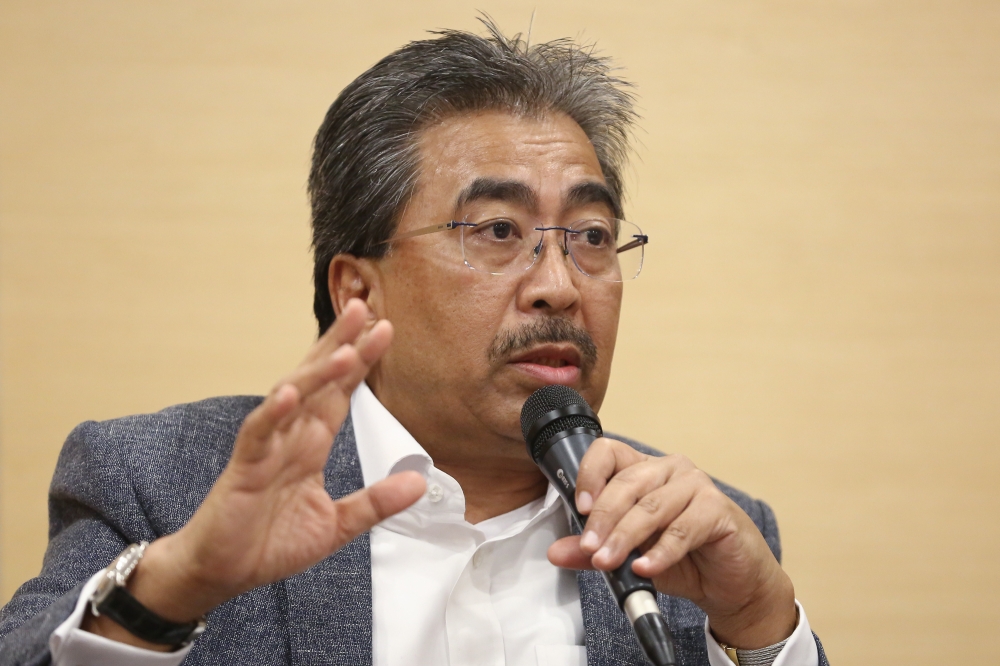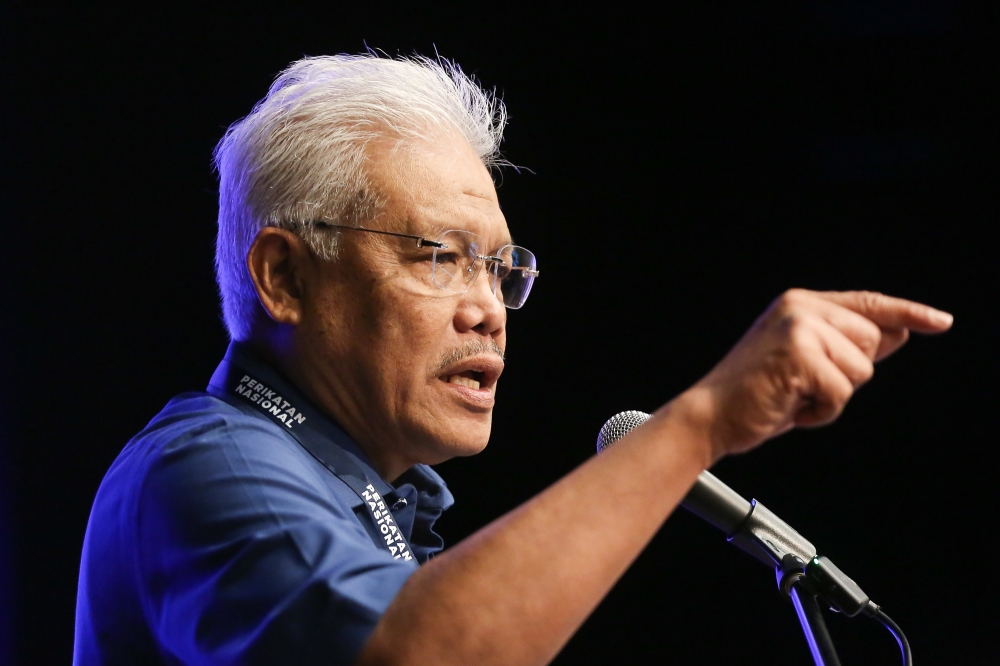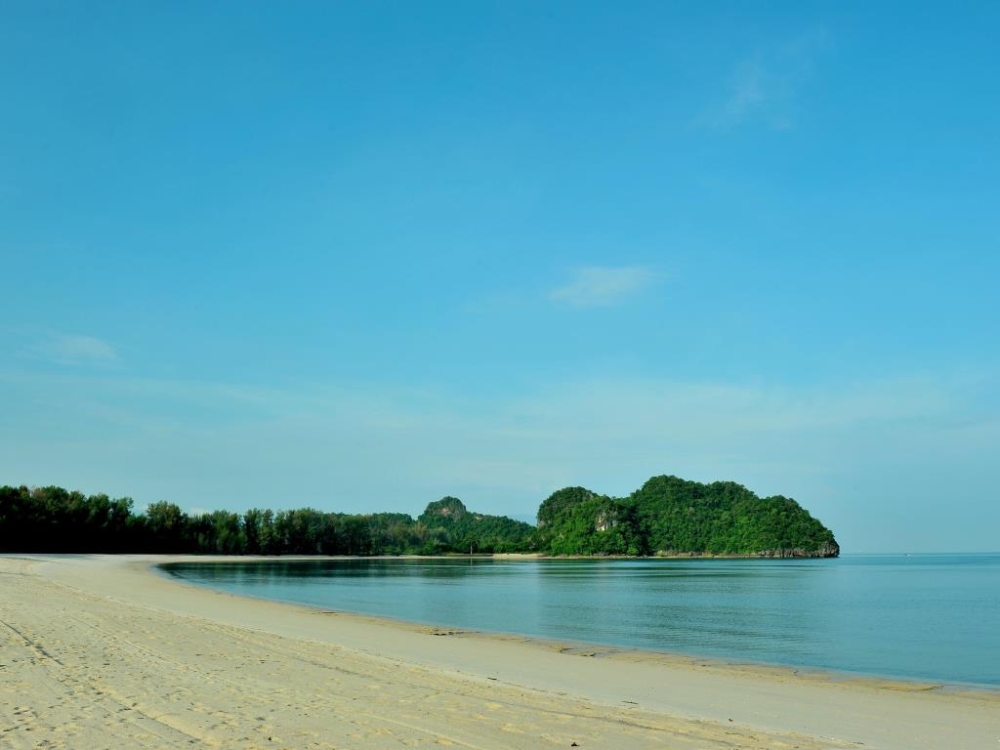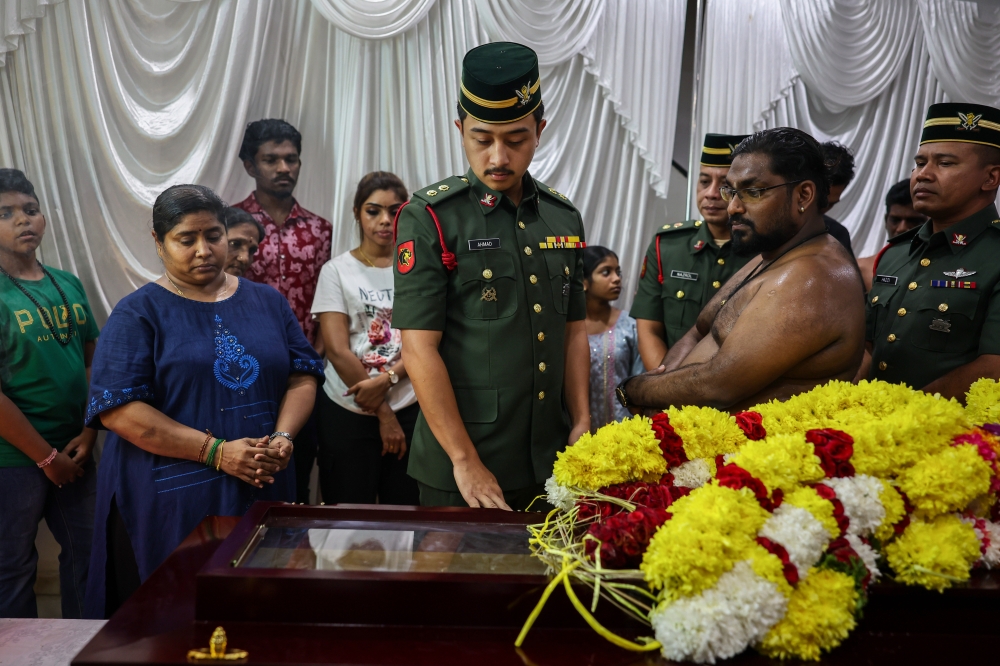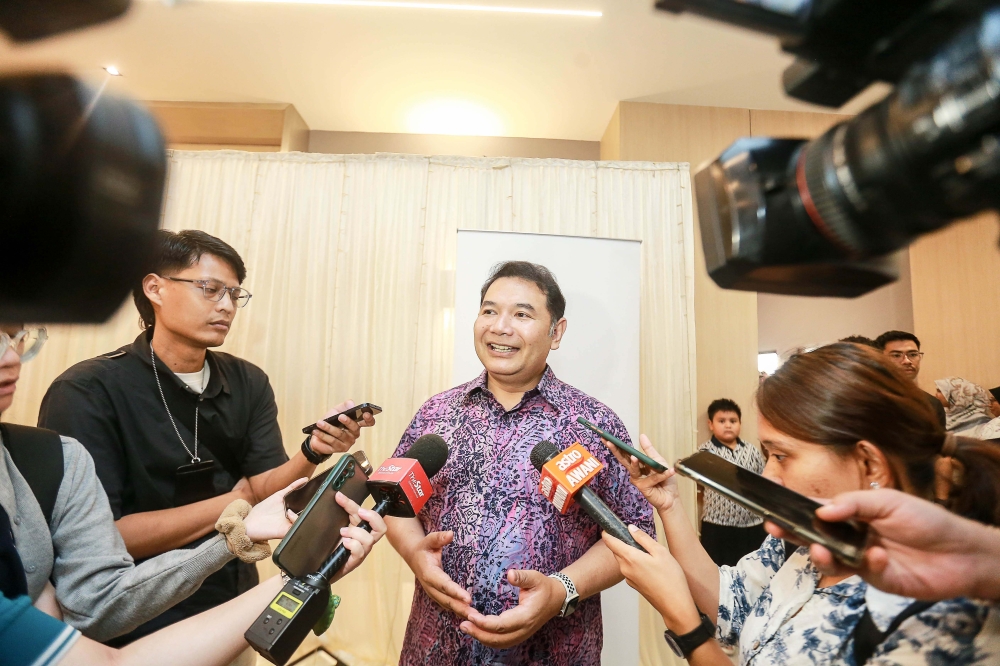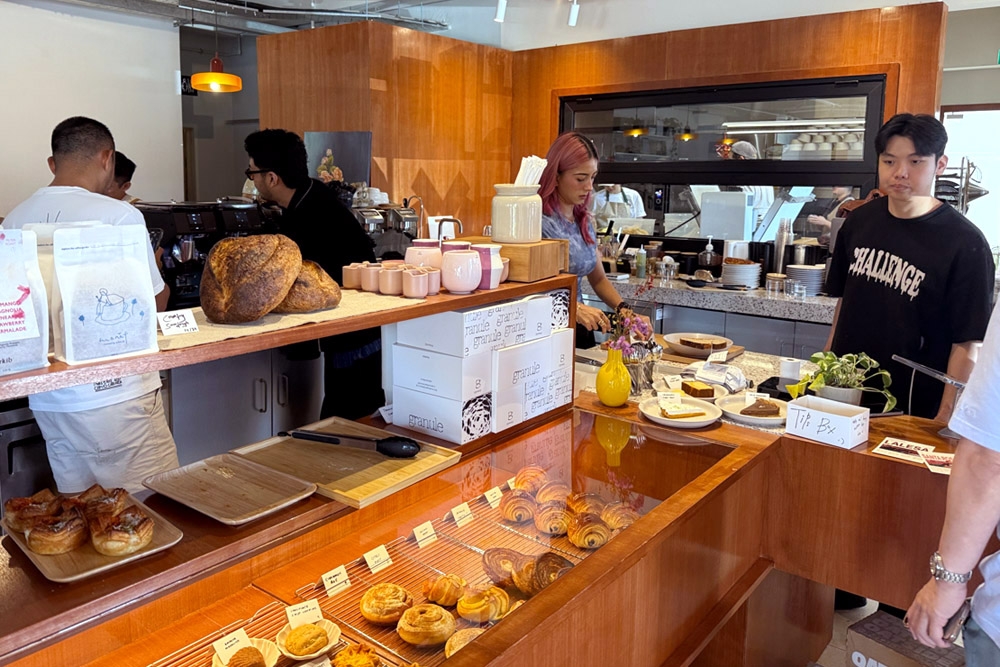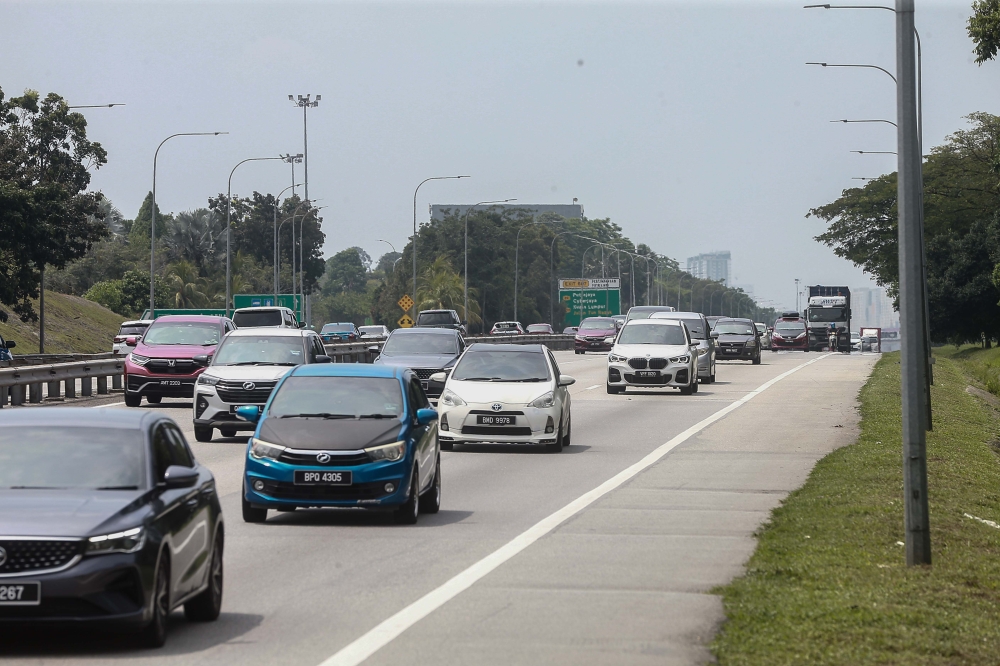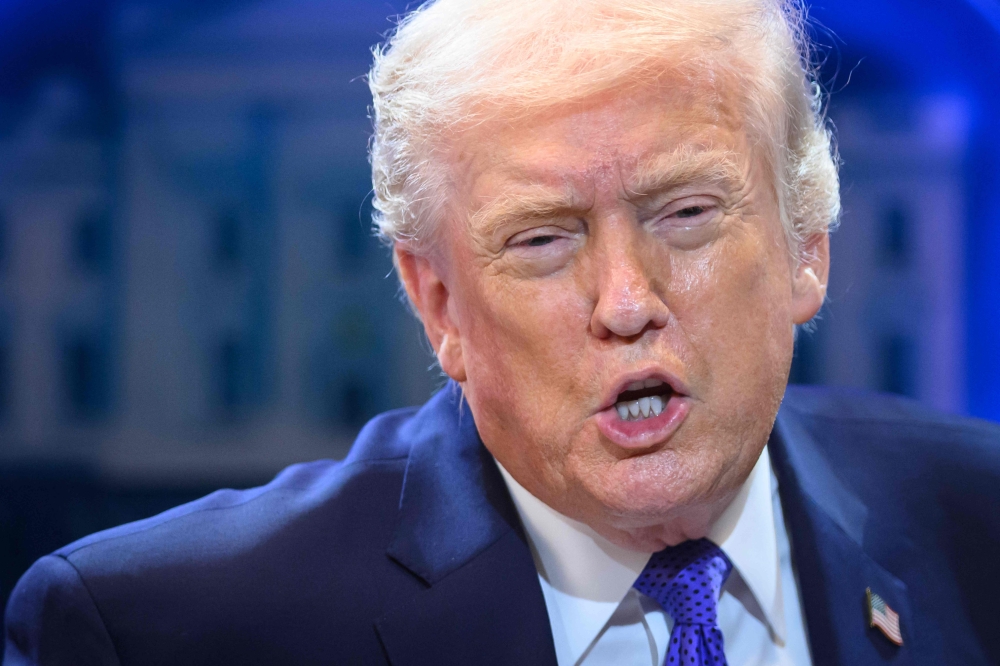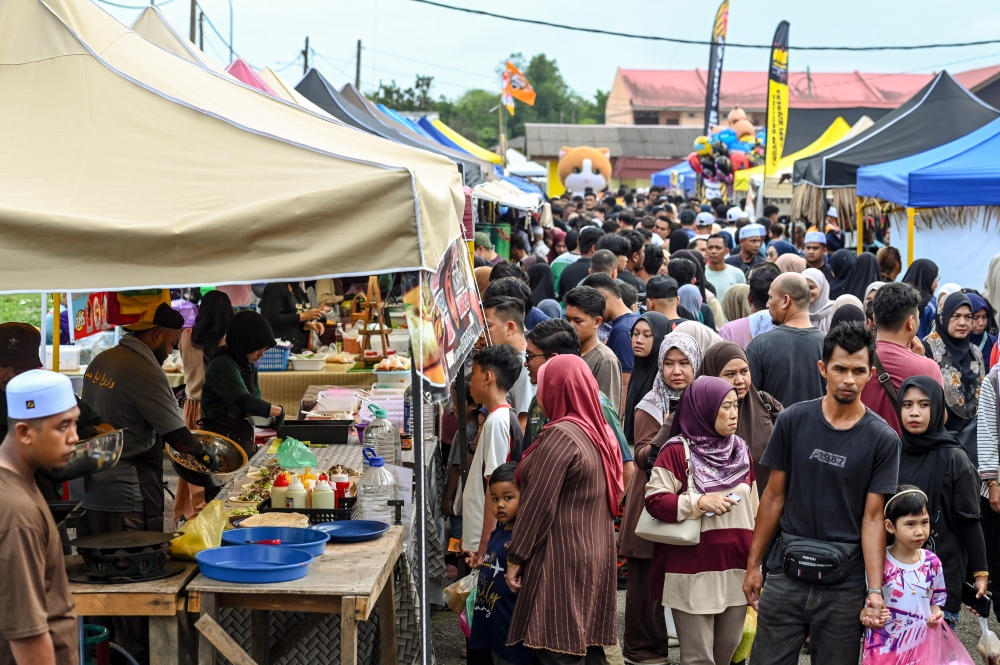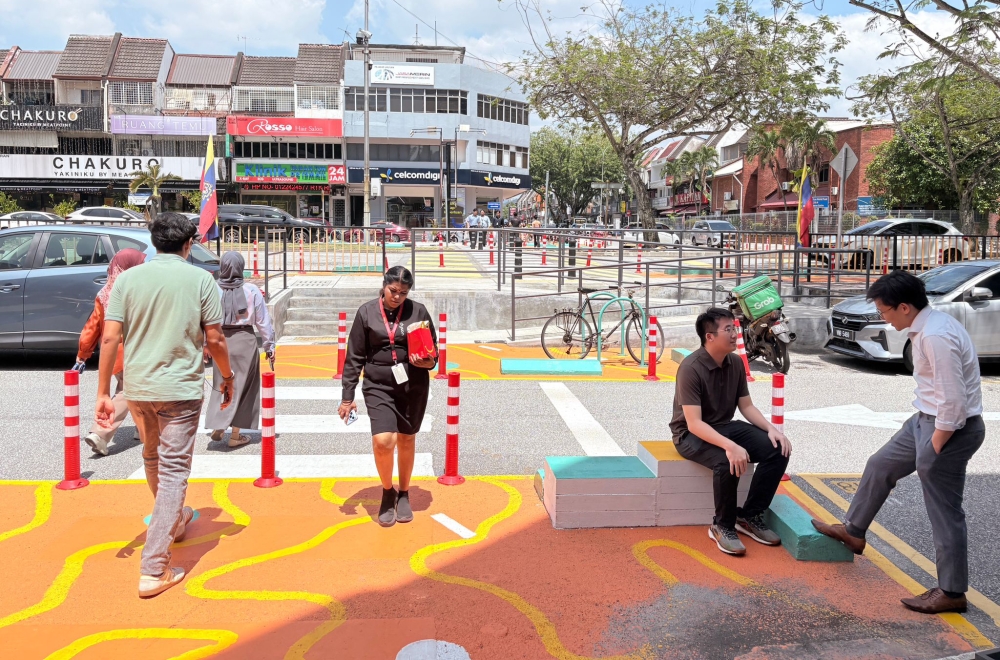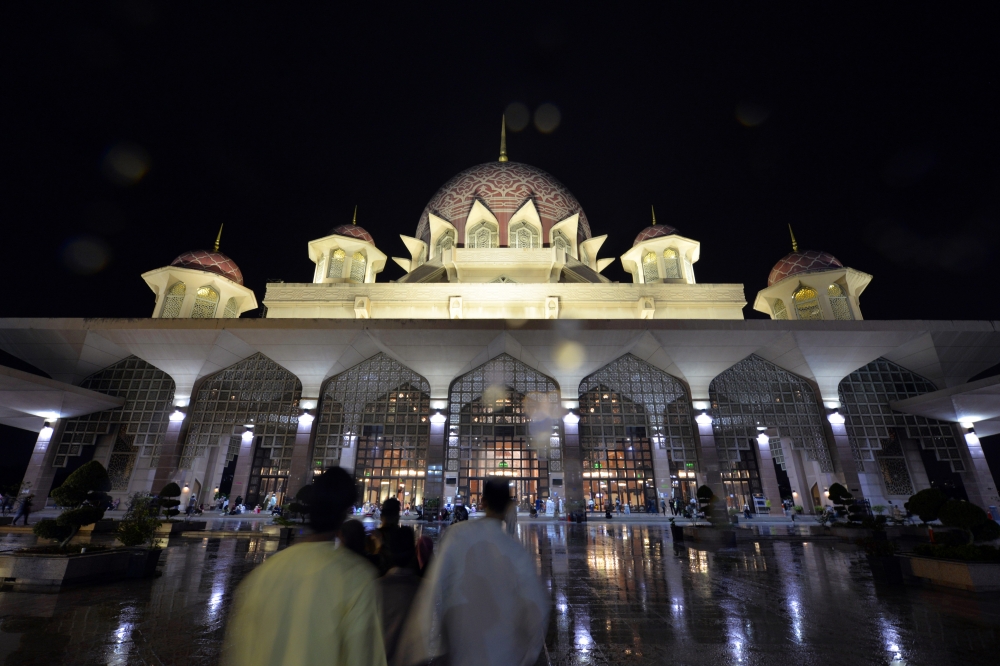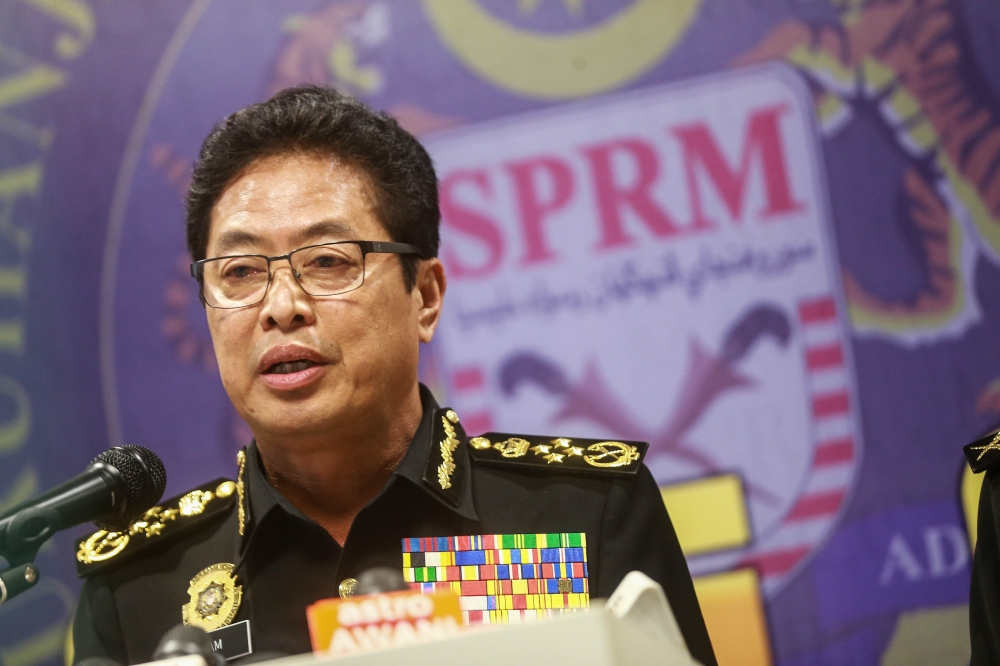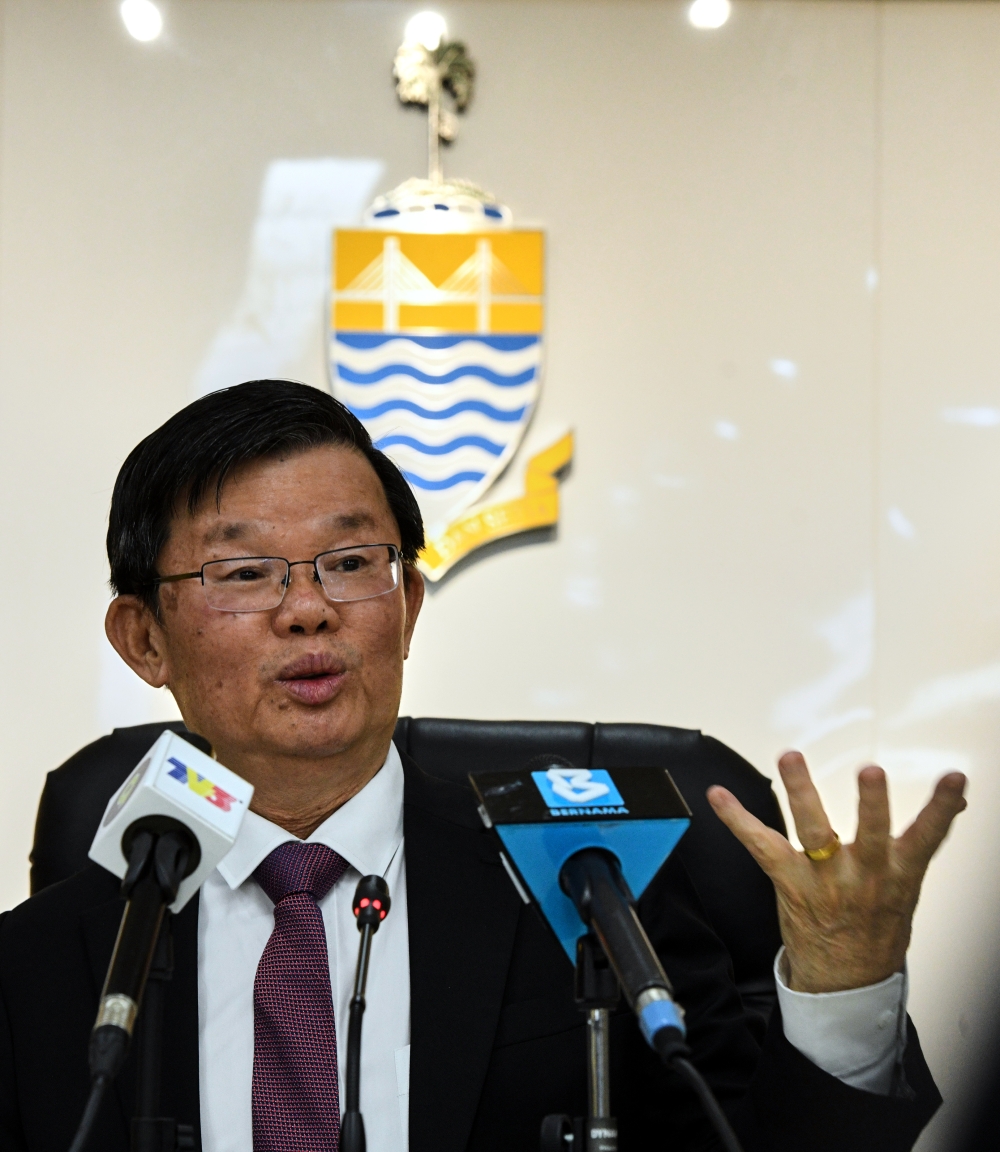NOVEMBER 13 — I read with great interest media reports detailing the recent arrests involving the University of Malaya Association of New Youth (Umany) and its former president Wong Yan Ke over statements made about the role of the Yang di-Pertuan Agong in our nation’s constitutional monarchy.
I certainly disagree with any attempts to silence people’s fundamental right to freedom of speech, especially academic discussion over the role of the royalty in our parliamentary democracy. Still, I can’t help but think that this was an entirely avoidable situation.
Looking at their social media content, it seems that Umany’s passions may have been inflamed by ongoing developments in Thailand; where the people have gone out to the streets to protest and defy improper conduct on the part of their monarch.
But is it fair to extend the same sentiment here in Malaysia as well?
Umany’s statement accusing the Yang di-Pertuan Agong of meddling in politics when the Agong merely encouraged bipartisan cooperation on the recently announced Federal Budget seems to have been intended to court controversy from the start — framing the issue as if parliamentary democracy in Malaysia is is under threat when the Agong was only exercising his duty as the Head of State.
It is truly a sad state of affairs when students from Malaysia’s oldest and highest-ranking institution of higher education cannot differentiate advising from meddling.
University students in Malaysia have had mature and balanced discussions on the role of the royalty in our constitutional monarchy in the past without resorting to publishing something online purely designed to provoke and draw attention. Umany’s actions clearly shouldn’t be put on the same pedestal.
Our constitutional monarchy remains one of the core institutions underpinning the system of parliamentary democracy practised here in Malaysia. The hereditary Malay rulers across nine states continue to wield considerable influence on the political system through a range of powers conferred to them by the federal constitution.
The Malay rulers had accepted the basic premise of their position as “constitutional sovereigns” as stated in the 1957 Malayan federal constitution (and state constitutions) and agreed at the constitutional conference in London in January 1956; they were able to enhance their constitutional status significantly from the limited powers provided to them in the Reid Commission’s draft constitution.
Since then, this position has changed considerably in light of the constitutional amendments and changes made by Tun Dr Mahathir Mohamad in the late 80s and 90s: The royals now hold substantially less power to influence public policy in Malaysia, especially in comparison to the royal institution in Thailand.
Recent events in October, and its subsequent resolution, have shown us the urgent need for checks and balances on the politicians sitting in the Dewan Negara and Dewan Rakyat — and why Malaysians are lucky to have a constitutional monarch helming our country.
During that infamous October weekend, the Malaysian Cabinet agreed to consider a declaration of emergency in light of another wave of Covid-19 cases.
Had it passed, this declaration would have allowed for the suspension of Parliament and the postponement of elections, paving the way for the government to be able to make any policy decisions without the need for Parliament’s vote.
In his wisdom, the Yang di-Pertuan Agong Sultan Abdullah Sultan Ahmad Shah, following a discussion with the Malay Rulers and considering the country’s situation, has decided against allowing this declaration of emergency to stand.
Article 150 (1) of the Federal Constitution of Malaysia states that the Yang di-Pertuan Agong may issue a Proclamation of Emergency if His Highness is satisfied that a grave emergency exists.
This remains the Agong’s prerogative as enshrined in the Constitution.
As a layman, I fail to see the excessive interference on the part of the Agong as claimed by Umany and other commentators on this situation.
What is more dangerous I feel is that these kinds of statements and sabre-rattling leads to increased polarisation and more importantly creates a distraction when the focus should be on the economic recovery of the country.
The country is in the throes of a pandemic and economic crisis — and given the contents of the 2021 Budget, I could not imagine how worse off we could have been if there was no opposition towards in Parliament it if the Agong had not exercised his discretion towards an Emergency.
Theses are undoubtedly extraordinary times, and in this time, it requires unique decisions — what is not needed is for us to reject these decisions simply because they do not fit a specific mould of how we think they should be done.
The fact of the matter is that Malaysians are currently battling an enemy that has affected everyone. Our resources are stretched, our front liners are exhausted, and the end is nowhere near in sight.
I hope Umany and its supporters will come to recognise this simple fact and help us build better solutions instead of issuing more knee-jerk reactions that only serve their own agendas.
* This is the personal opinion of the writer(s) or organisation(s) and does not necessarily represent the views of Malay Mail.


